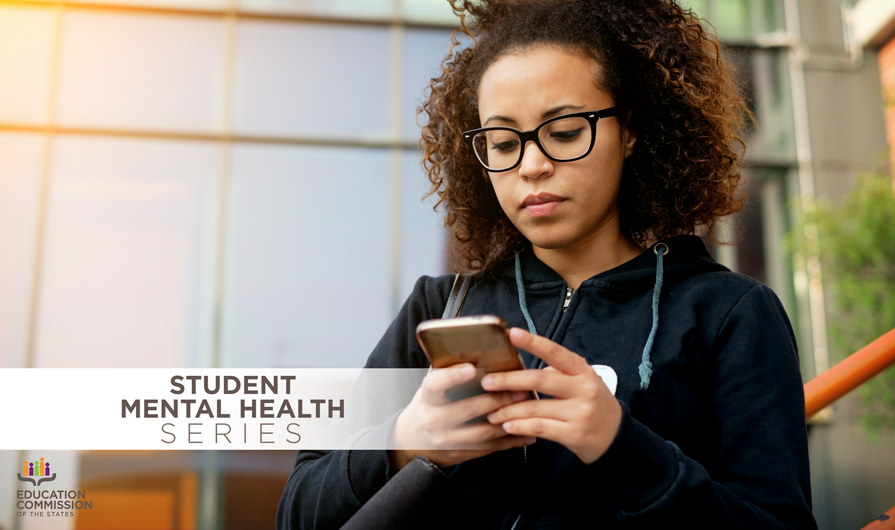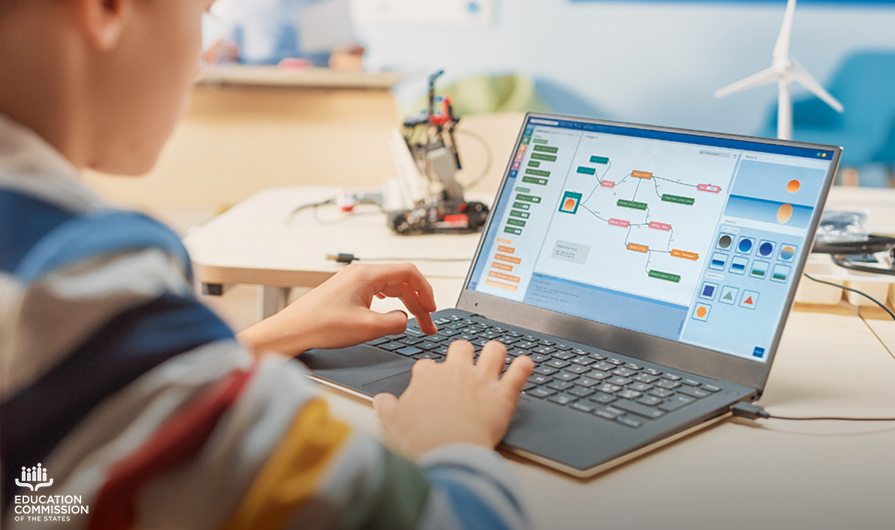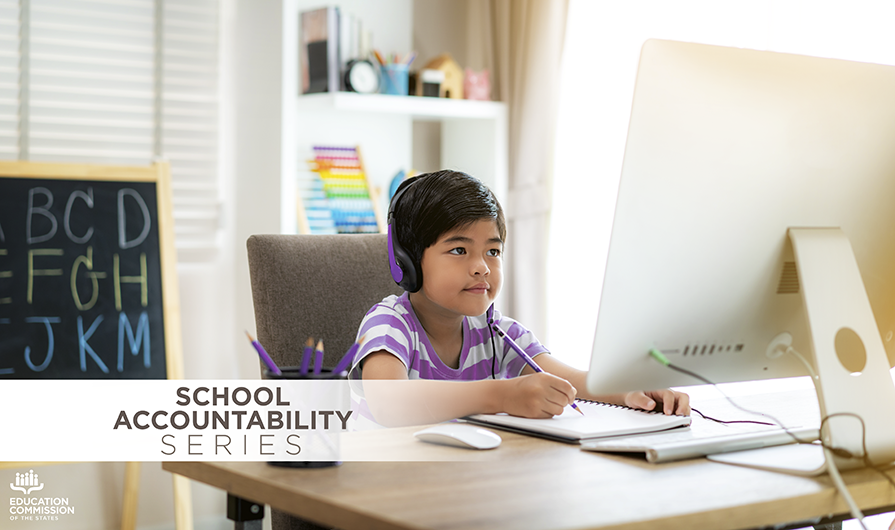This unprecedented moment in time has made school mental health services and supports even more critical. Around the country, schools are increasingly engaging students with mental health services and related wraparound supports. This blog post highlights key takeaways and innovations from states.
With many school buildings and campuses closed, the impact on access to mental health services could be significant. A survey of postsecondary students, comparing fall 2019 to spring 2020, found an increased prevalence of depression and comparable levels of anxiety. While we don’t have data on the mental health of K-12 students, experts note that the pandemic may have significant impacts on student mental health and social and emotional well-being.
For instance, studies done by the CDC suggest that anxiety and suicide rates (already high among teens and youth) are getting worse. Also, students already experiencing emotional trauma, such as those dealing with social isolation, the uncertainty of their immigration status, racial injustice, homelessness, food insecurity or loss of family income may be doubly impacted by the stress of the pandemic.
As schools begin to reopen for in-person and virtual instruction, states are addressing the impact of the COVID-19 pandemic on the mental health and well-being of students at all levels. In addition to reexamining strategies from before the pandemic, such as training and professional development for school staff, providing supports and community schools, states are finding innovative ways to provide access to telehealth and are including mental health and social and emotional well-being in school reopening plans or guidance.
Students now have more access to virtual mental health supports since many schools have supplied laptops and remote devices during the pandemic. Students may be more comfortable working with counselors from the privacy of their bedrooms rather than in an office setting, and virtual therapy sessions may also reduce barriers for families that would otherwise have to travel to obtain mental health services. Some postsecondary institutions are realizing that they can reach students at home using:
-
-
- Teletherapy contracting services to expand and complement existing mental health services.
- Extended hours, weekend availability or 24/7 virtual mental health supports.
- Text message check-ins from providers and mental health phone apps.
-
According to an analysis from our policy team, at least 43 states include social and emotional learning or wellness and/or mental health in reopening plans and guidance to districts. This may include:
-
-
- Additional teacher training and professional development on the impact of trauma and stress on students and emphasizing the importance of recognizing the effect the pandemic has on student mental health.
- Involving mental health stakeholders when thinking about reopening or in establishing task forces or work groups.
- Screening students and staff for mental health and social and emotional wellness.
- Providing services or referrals to community resources for students, staff and families.
- Encouraging schools to identify how they will address mental health and social and emotional learning in reopening checklists.
-
Whiles states are moving fast to address the needs of their students, many questions remain about student mental health and wellness. Education Commission of the States will continue to track COVID-19 pandemic actions at the state and local level, as well as state legislation in our State Education Policy Tracking resource.












